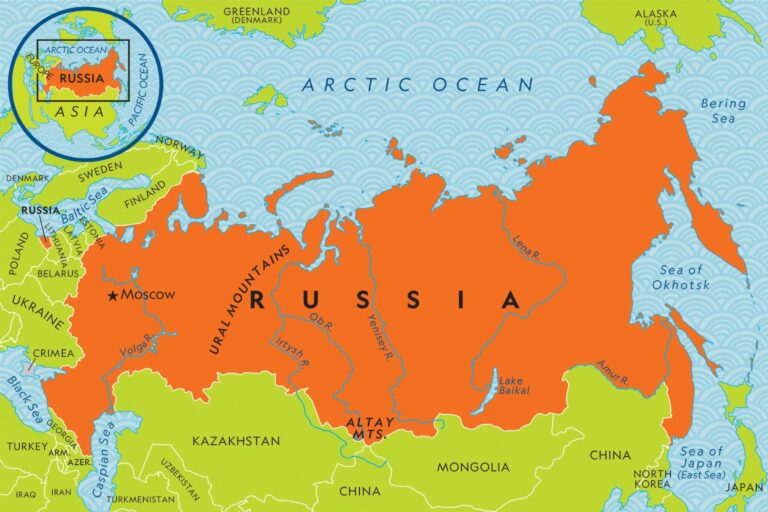Russian oil giant Rosneft’s CEO Igor Sechin has indicated that China is increasingly positioning itself as an exporter in the global energy market, signaling a notable shift in the country’s energy dynamics. Speaking at a recent industry event, Sechin highlighted China’s growing energy production capabilities and its potential impact on international trade flows. This development comes amid evolving geopolitical and economic ties between Russia and China, as both nations navigate a rapidly changing global energy landscape.
Russia’s Energy Chief Highlights China’s Growing Role as an Energy Exporter
Russian energy executives are closely observing China’s shifting energy dynamics as Beijing increasingly positions itself beyond a primary consumer to an emerging energy exporter on the global stage. Igor Sechin, CEO of Rosneft, highlighted that China’s abundant coal reserves and expanding liquefied natural gas (LNG) infrastructure are fueling this transition. This new role could disrupt traditional energy trade patterns, as China aims to leverage its production capacity to meet regional demand and assert more influence in international energy markets.
Energy analysts point to several critical factors underpinning this trend:
- Investment in clean energy technologies: China’s rapid expansion in renewable energy is altering its energy mix and export potential.
- Development of cross-border energy projects: Including pipelines and LNG terminals designed to facilitate exports to neighboring countries.
- Strategic partnerships: Collaborative ventures with countries in Asia, Africa, and Europe to secure and diversify energy corridors.
| Energy Source | China’s Export Capacity (2024) | Key Export Markets |
|---|---|---|
| Coal | 150 million tons | South-East Asia, India |
| LNG | 20 billion cubic meters | Japan, South Korea |
| Electricity (Hydro & Solar) | 4 GW | Pakistan, Central Asia |
Implications for Global Energy Markets and Russia’s Strategic Position
Russia’s longstanding dominance in global energy markets faces a nuanced evolution as China accelerates its transition from a net importer to a prospective energy exporter. This shift signals a potential recalibration of energy supply chains, where China’s increasing domestic production and strategic investments in renewables could diminish its reliance on Russian hydrocarbons. For Moscow, this transition presents both challenges and opportunities, prompting a reassessment of alliances and trade balances in a highly competitive environment.
Key implications include:
- Intensified competition in Asian energy markets as China leverages excess capacity to enter export territories traditionally dominated by Russia.
- Potential realignment of Russia’s export routes and partnerships, focusing more on Europe, the Middle East, and emerging markets.
- Increased geopolitical maneuvering as both countries navigate influence over global energy pricing and supply security.
| Aspect | Russia | China | |||||||
|---|---|---|---|---|---|---|---|---|---|
| Current Role | Leading global energy supplier | Major energy importer | |||||||
| Future Trajectory | Diversification of markets | Emerging energy exporter | |||||||
| Strategic Focus | Policy Recommendations for Navigating Emerging China-Russia Energy Dynamics
To effectively respond to the shifting energy landscape shaped by Sino-Russian relations, policymakers must adopt a multifaceted approach. Diversifying energy partnerships remains critical, ensuring no single market dominates supply chains. This reduces vulnerability amid the increasingly complex dynamics where China is not only a consumer but also positioning itself as an energy exporter. Additionally, strengthening strategic reserves and investing in renewable alternatives will provide crucial buffers against geopolitical risks tied to fossil fuel dependencies. Enhanced collaboration on transparent energy data sharing and cross-border regulatory frameworks can mitigate potential conflicts arising from changing export-import roles. Key recommendations include:
The ConclusionAs Russia and China continue to deepen their energy cooperation, the developments highlighted by Sechin underscore China’s evolving role from a major energy consumer to an emerging exporter. This shift not only has significant implications for global energy markets but also for the geopolitical dynamics of the region. Observers will be closely watching how these changes influence the strategies of key players in the energy sector moving forward. |




